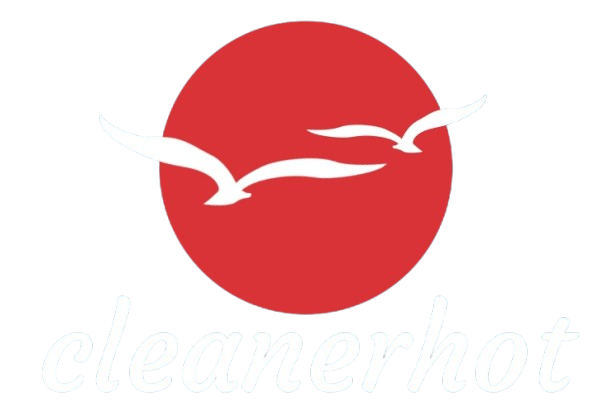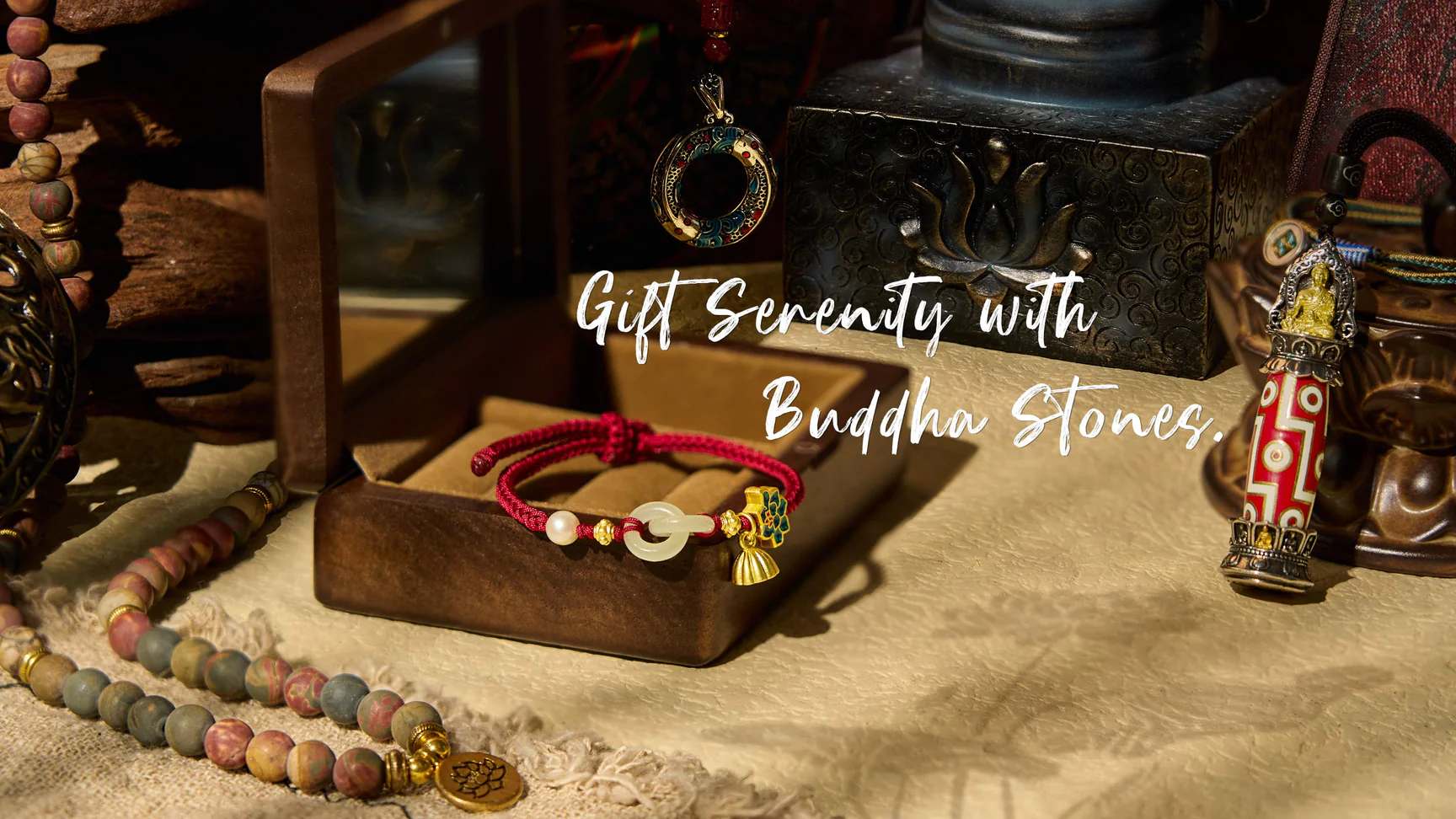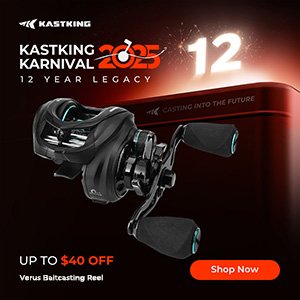When we hear the word “addiction,” many of us immediately think of substances—alcohol, drugs, or perhaps the increasingly recognized screen addiction. We all know how much time we spend glued to our phones, computers, and digital devices, so much so that sometimes we barely notice the world around us. This modern dependence on screens is well acknowledged, even normalized in many ways. But what if I told you this screen addiction is only the surface of a deeper, less recognized dependency?
Beyond the glow of our devices lies another addiction — one to information itself, specifically to the idea that someone else holds the answers we desperately seek. This is the addiction to external authority, to experts, formulas, and “proven” methods, a fixation so ingrained in our culture that few admit it, but many suffer from it.
Screen Addiction Feeds a Larger Problem
Artificial intelligence and technology were supposed to reduce our screen time, yet paradoxically, they often amplify it. Why? Because there is massive financial incentive behind keeping us hooked. Corporations profit immensely from our attention, fueling endless consumption of content, distraction, and quick-fix answers.
Screen addiction, however, is only the tip of the iceberg. It leads us to crave solutions not from within ourselves, but from the endless parade of experts, influencers, and authorities whose advice floods the internet. We latch on to their guidance in hopes of shortcutting the difficult process of personal growth and self-discovery.
The Trap of “Authority Addiction”
This dependence on outside expertise creates a collective insecurity. We have lost confidence in our ability to trust ourselves, to explore, experiment, or even simply be with uncertainty. Instead, we compulsively seek validation, directions, and labels from “experts” — as if knowing the right words or steps can guarantee happiness or success.
The problem? When we outsource our inner wisdom to external authorities, we risk becoming dulled, disconnected, and disempowered. Our culture encourages us to treat ourselves like students forever chasing the next teacher, rather than masters of our own unfolding journey.
I see this clearly in my own work as a guide and teacher. I’m not an authority with one right answer; I’m a facilitator who opens doors for others to find their own truths. The moment I prescribe a fixed path, I wound those who must forge their own unique way. This is the paradox of healing: there is no one-size-fits-all formula.
Why We Struggle to Trust Ourselves
We live in a world saturated with information and expertise, yet paradoxically we feel less equipped to trust our intuition or to embrace uncertainty. The craving to “know” everything—to categorize, define, and follow—is a way to feel safe and in control. But true growth is neither neat nor packaged.
Personal transformation is messy, uncomfortable, and deeply individual. Like an artist experimenting with new colors and textures, our growth requires time alone with ourselves, away from constant input and noise. We have to rediscover the ability to play, to fail, to listen to our body and spirit, and to cultivate patience with our own process.
How to Break Free from Authority Addiction
Just as admitting addiction is the first step toward recovery in substance abuse, recognizing our addiction to external authority is essential for personal empowerment. The change begins when we start saying, “I don’t know” more often—and mean it.
This means resisting the impulse to immediately seek the next answer online, the next course to buy, or the next expert’s advice to follow. Instead, it invites us to sit with uncertainty, explore our own feelings and insights, and honor the unique path that emerges from within.
No one else’s “five steps” to happiness or spiritual awakening will be exactly right for you—because your soul’s path is singular. We must learn to blend what we gather from outside sources with the authentic discoveries that arise through introspection and lived experience.
Embracing Curiosity and Inner Wisdom
The journey out of authority addiction is a call to curiosity: to be willing to explore your uniqueness with openness and courage. When you begin to trust your own questions, your inner guidance can illuminate a path toward deeper fulfillment—one that reflects who you truly are, not just what others say you should be.
This doesn’t mean rejecting teachers or guides. They can be invaluable companions on the journey. But true growth arises when their wisdom is integrated with your own inner knowing, not swallowed whole as a recipe to live by.
Moving Forward: A Personal Invitation
Four years ago, I transformed my life by becoming a digital nomad and multidimensional therapist, embracing a path of compassion and expanded perspective through travel and self-inquiry. I invite you to consider: what might happen if you paused your habitual search for external authority and turned inward to explore your own truths?
This subtle but profound shift can open the door to a life that feels more embodied, alive, and genuinely yours.
Nessa Emrys is a multidimensional therapist and writer focusing on consciousness transformation. Her work encourages people to move beyond dependence on external authorities and awaken to their own soul’s wisdom.
If you or someone you know is struggling with addiction—whether to substances or less recognized dependencies—help is available. Exploring holistic approaches to consciousness and healing can be a powerful step toward balance and empowerment.



